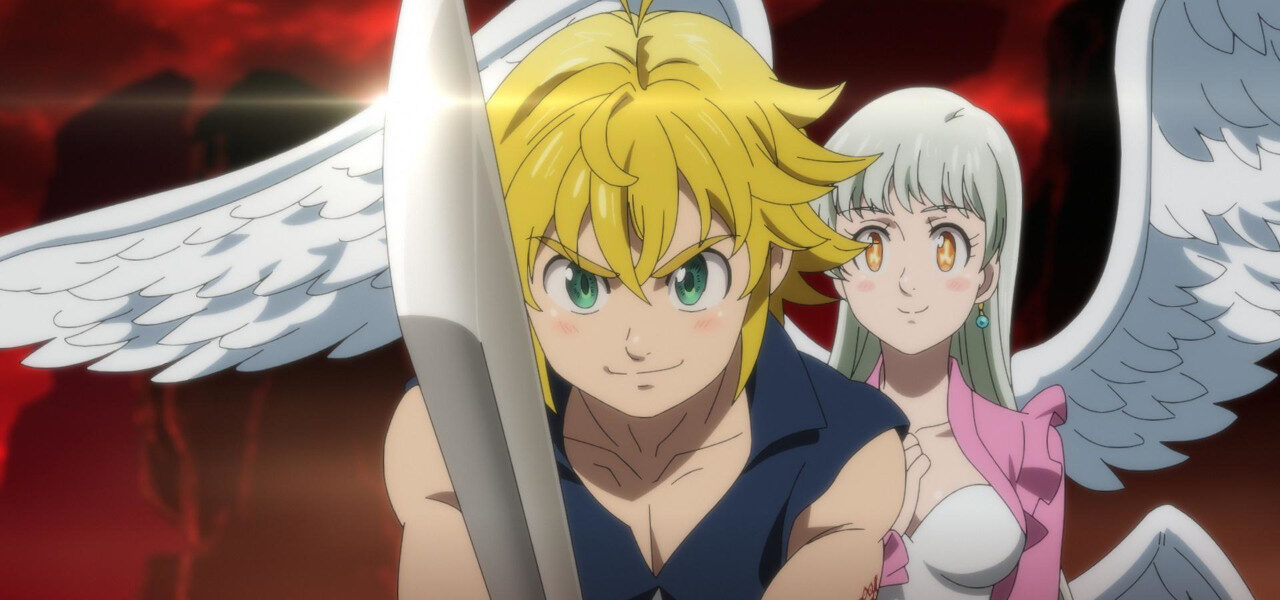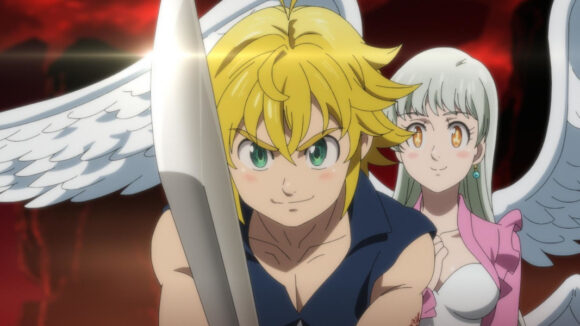

Report: Japanese Animation Producers Are Losing Faith In Netflix
Japanese business publication Weekly Toyo Keizai has reported that anime producers are losing confidence in Netflix’s ability to turn an original production into a hit, and that traditional tv broadcast methods may prove more profitable in the long run.
An anonymous source at a production company which has done work for Netflix told the publication, “In 2022, the [Netflix] plans for original anime have completely failed.”
That seems to be one of the more extreme opinions among those quoted by the site, but there is certainly a general concern among the individuals interviewed for the piece, and many argued that Netflix has yet to turn a single original IP into a hit.
Several others seemed concerned that Netflix is reducing the fervor with which it commissions anime. Explained one interview subject, “Not only have the number of projects that go through decreased, but there have been cases where projects that were about to start moving suddenly stopped, so the impact is serious.”
According to the report, that sentiment was echoed by numerous sources from across the anime production industry, and there is a general fear that the streamer will continue to reduce the number of animated productions in Japan after this year. Others have suggested that Netflix seems to be focusing on feature production, especially features based on already popular IPs.
There is also an ongoing debate among producers as to whether or not Netflix is even the right place to pitch a new series. “There are anime that are exclusively distributed by Netflix that don’t get much attention at the time of distribution, but they get a good response when they are released on tv a few years later,” an unnamed executive told the website.
That distinction is not only important for the relative popularity of a show, but to all the ancillary revenue streams that can stem from an IP as well. So, while some companies are receiving a higher initial investment to produce for Netflix, there are several that believe their content is getting buried and that the extra investment doesn’t necessarily offset potential revenues from physical media releases and merchandise sales for shows that go to broadcast tv first.
Other sources told Toyo Keizai that companies are sending their more challenging or experimental works to Netflix, hoping the streamer will offer up a guaranteed investment, while saving their safer, more broadly appealing ideas for broadcasters. This, the sources argue, has created a system in which the kind of titles going exclusively to Netflix often struggle to catch on with audiences.
Assuming that Netflix is as aware of these rumors as the local media is, a reorganization makes sense. Whether that means more features, greater exploitation of popular IP, increased licensing, or something else entirely will only become clear as the streamer announces future productions. Whether or not Japanese producers will continue to pitch their series projects to Netflix is, perhaps, an even more poignant question to consider going forward.
Pictured at top: The Seven Deadly Sins
Quotes from Toyo Keizai Online were translated by Google.



